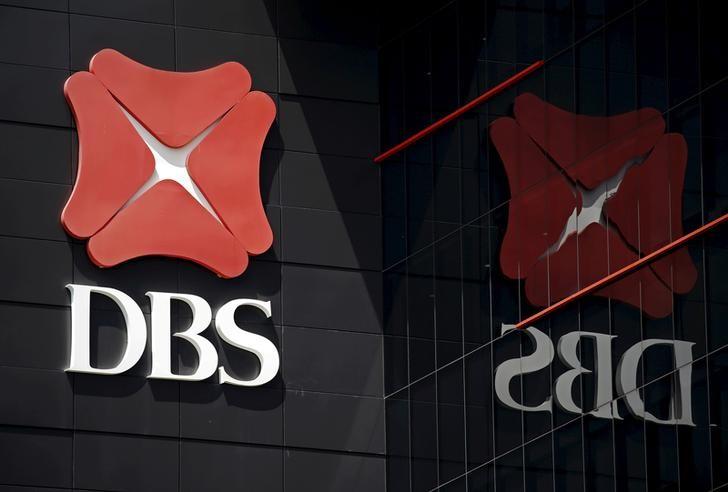
DBS Group Holdings Ltd, Southeast Asia's biggest lender, reported lower-than-expected second-quarter profit on Thursday, sending its shares to an almost one-month low and raising concerns for the outlook of regional banks.
The Singapore-based lender trimmed its forecast for loan growth this year and said the benefits of higher business volumes were moderated by a drop in trading income during the second quarter.
Singaporean banks reported record profits last year but their prospects have been clouded by curbs on property investment imposed in July and a slowdown in economic growth due to international trade tensions, analysts said.
DBS, which is about 29 percent-owned by Singaporean state investor Temasek Holdings, kicked off the quarterly results reporting season for lenders in the regional financial hub. United Overseas Bank reports results on Friday, followed by Oversea-Chinese Banking Corp next week.
DBS said net profit came in at S$1.37 billion ($1 billion) in the three months ending June versus S$1.14 billion a year earlier, and an average estimate of S$1.47 billion from three analysts, according to Thomson Reuters I/B/E/S.
DBS's net interest margin, a key gauge of profitability, increased 11 basis points to 1.85 percent. The bank however eased its loan growth forecast to 6 percent to 7 percent for this year, from a previous estimate of 8 percent.
Total income rose 10 percent while net interest income was up 18 percent. However, DBS said trading income declined 23 percent to S$227 million as wider credit spreads created challenges.
In early afternoon trade, DBS shares had dropped as much as 2.9 percent to S$26.14, their biggest fall in nearly a month.
"Amidst heightened uncertainty and market volatility, business momentum was sustained in the second quarter," DBS CEO Piyush Gupta said in a statement.
DBS said the second quarter's net profit was 10 percent below the first quarter's record due to the weaker trading performance and the absence of a property disposal gain.








